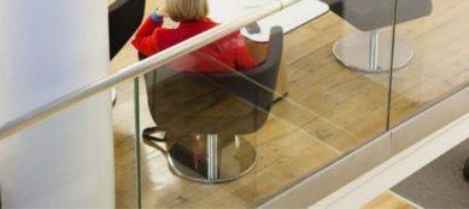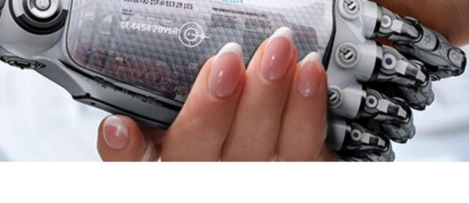February 2, 2016
Stress is now a fact of life for the vast majority of employees 0
 Excessive stress threatens the wellbeing of employees across the UK and the rest of Europe, with 88 percent of British workers regularly experiencing stress at work, according to research by payroll software firm ADP. Nearly half (43 percent) of UK employees go further to say that stress is a constant factor in their roles and that they feel stressed ‘often’ or ‘very often’. In fact, just 12 percent of employees feel that they never experience workplace stress while 79 percent of UK workers feel that their employer is trying to help them manage stress levels. The report, The Workforce View in Europe 2015/16, surveyed 11,257 working adults across Europe, including 1,500 employees in the UK. It found that many employees now believe flexible working will help them deal with stress and achieve a better work life balance while over three-quarters (79 percent) of UK respondents feel their employer is trying to help them manage stress.
Excessive stress threatens the wellbeing of employees across the UK and the rest of Europe, with 88 percent of British workers regularly experiencing stress at work, according to research by payroll software firm ADP. Nearly half (43 percent) of UK employees go further to say that stress is a constant factor in their roles and that they feel stressed ‘often’ or ‘very often’. In fact, just 12 percent of employees feel that they never experience workplace stress while 79 percent of UK workers feel that their employer is trying to help them manage stress levels. The report, The Workforce View in Europe 2015/16, surveyed 11,257 working adults across Europe, including 1,500 employees in the UK. It found that many employees now believe flexible working will help them deal with stress and achieve a better work life balance while over three-quarters (79 percent) of UK respondents feel their employer is trying to help them manage stress.


































January 29, 2016
Delivering the low-down on the sit-stand workstation phenomenon 0
by Ashley Hayward • Comment, Furniture, Wellbeing, Workplace design
(more…)